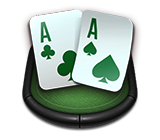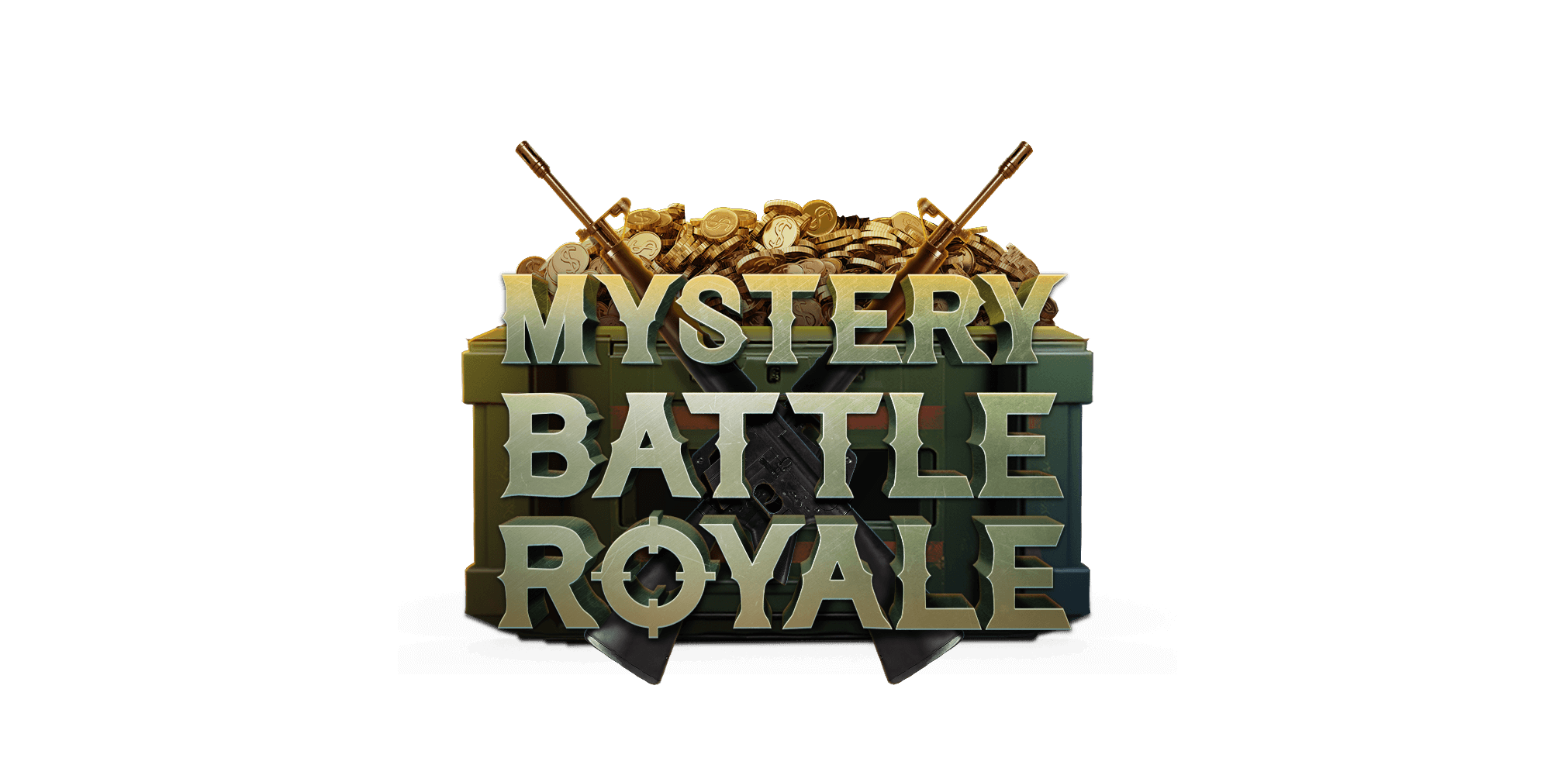
- Recognizing Risk Factors: Multi-Way Pots
- Coordinated Boards: Suited and Connected Cards
- Reading Opponent Strength: Aggressive Bets and Raises
- The Role of Pot Size: Weighing Risk vs. Reward
- Evaluating Position: Big Blind and Small Blind Risks
- Cultivating a Disciplined Approach with Aces: The Benefits of Folding
- Final Thoughts
Let's face in, when it comes to poker, few hands generate as much excitement as pocket Aces (AA). At preflop, pocket aces are known as the strongest starting hands in games like Texas Hold'em and Short Deck. However, many tend to find the pocket rockets to be a double-edged sword. After all, this hand carries the potential for huge wins as well as huge losses in high-stakes situations.
While it might feel almost counterintuitive to fold such a powerful hand, understanding when to fold pocket Aces can be an essential skill in a disciplined player’s toolkit.
By recognizing specific circumstances and being mindful of opponents’ behavior, players can avoid costly mistakes, especially in Texas Hold’em, Pot-Limit Omaha (PLO), and Short Deck poker formats.
Recognizing Risk Factors: Multi-Way Pots
Aces are particularly strong in heads-up or two-player scenarios, where their raw power can often dominate. However, in multiway pots, the strength of Aces decreases as each additional player increases the chance that an opponent has a hand that could beat yours.
For instance, if a player is dealt Aces and sees the pot swelling with three or more other players calling, the likelihood of someone holding a hand that could beat pocket Aces becomes significant. In these scenarios, the size of the pot may be tempting, but it also means potential danger if a coordinated board appears.
Coordinated Boards: Suited and Connected Cards
When the community cards show a coordinated texture, it’s often wise to evaluate the strength of Aces critically. Boards with suited cards (e.g., all spades or hearts) or sequentially connected cards (e.g., 9, 10, J) indicate the potential for flushes and straights, respectively.
For example, if you hold pocket Aces and the board reads 8 9 10, there’s a high risk that an opponent could be holding a straight, flush, or even a straight flush, any of which beats a full house. If you don't have a flush draw here, then perhaps it's better to keep the pot small and reconsider your strategy.
In Pot-Limit Omaha (PLO), players are dealt four hole cards, which further increases the likelihood that one of them is holding a hand that can beat pocket Aces. If you can't make a Broadway straight or Flush draw, it's best to re-evaluate the strength of your pocket aces.
In Short Deck poker (a variant where 2-5 cards are removed), straights and flushes, and even royal flush, are even more frequent, meaning Aces can be a risky holding when there’s coordinated connectivity on the board. What seems like the lowest cards could end up beating your pair of Aces by river time!
Reading Opponent Strength: Aggressive Bets and Raises
Another essential factor in folding Aces is interpreting opponents’ actions. While pocket Aces can often win against a single opponent, strong betting actions from multiple players can signal a significant threat. If an opponent has been aggressive, making large bets or raises, particularly after a coordinated board appears, it’s an indicator that they may have a made hand that surpasses Aces.
Consider this example in Texas Hold’em: A player with Aces faces a big raise from an opponent after a flop that has come 6 7 8. The board shows potential for flush, straight, and straight flush! If the player to the left bets aggressively or raises to the maximum bet, it’s worth evaluating whether holding onto Aces is the wisest decision.
The Role of Pot Size: Weighing Risk vs. Reward
The size of the pot also plays an essential role in the decision to fold. If a pot becomes excessively large in comparison to the strength of your Aces on a risky board, it might be time to consider folding.
In some poker games, especially Omaha Hi-Lo or Pot-Limit Omaha, the structure and dynamics encourage bigger pots, which increase the risks for Aces when facing coordinated boards or aggressive opponents.
By folding in these situations, players can preserve their chips for more favorable hands, preventing a large loss that could harm their stack and their game strategy. This is particularly relevant in games like Short Deck or Texas Hold’em, where knowing when to cut losses can be more valuable than winning any single hand.
Evaluating Position: Big Blind and Small Blind Risks
Position can also impact whether or not folding Aces is wise. If you’re in the big blind or small blind, you may be at a positional disadvantage against opponents who act after you. Being out of position means that you’ll need to act before your opponents reveal more information, and this disadvantage can magnify the risks associated with holding onto pocket Aces. For example, players holding Aces in these blind positions could face maximum bets from players in later positions, further indicating strength from their opponents.
Cultivating a Disciplined Approach with Aces: The Benefits of Folding
While folding pocket Aces can feel like surrendering a winning hand, it’s important to remember that top pair or even full house possibilities with Aces may not be enough against well-coordinated boards or aggressive opponents. Folding pocket Aces when the odds seem unfavorable is a disciplined move that can ultimately protect players from substantial losses.
Players who practice this discipline are better equipped to navigate the volatility of poker games, protecting their stacks and maximizing their chances to play hands that are more favorable under the given conditions. While folding Aces isn’t a move to make lightly, recognizing high-risk situations and acting accordingly is what separates great poker players from the rest.
Final Thoughts
In conclusion, while Aces are undeniably powerful, learning when to fold them in specific poker situations is a mark of wisdom and restraint. Whether in Texas Hold’em, Omaha, or Short Deck poker, knowing when to let go of pocket Aces can be just as valuable as knowing when to bet them aggressively. By paying close attention to pot size, board texture, opponents’ betting patterns, and position, poker players can safeguard their stacks from unnecessary losses, demonstrating a refined understanding of the game’s nuances and a commitment to strategic play.

.webp)








.webp)



















